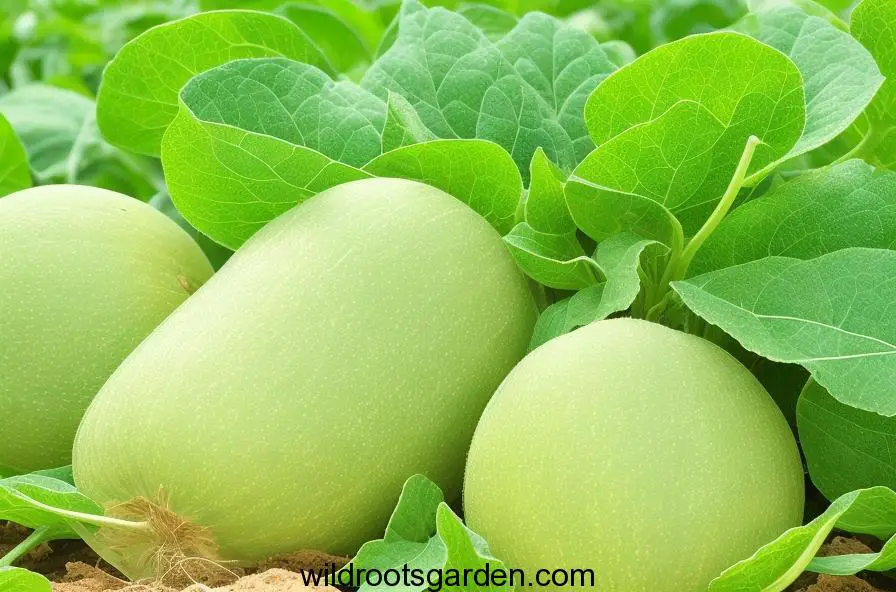Specific 29 Best Companion Plants For Cantaloupe: You’re seeking cantaloupe companion plants, then. We recognize that there are many reasons why gardeners choose companion planting, but for the best results, it’s critical to grow the appropriate species.
There are some plants that can grow safely around cantaloupe and others that could harm your cantaloupe. Cantaloupe pairs very well with plants like corn, squash, pumpkin, collards, oregano, or borage.
There is much more to learn about cantaloupe companion plants, such as what qualifies them as secure and suitable for proximity to cantaloupe.
Is there anything more you should be aware of? We all understand that companion planting thrives because it helps with pest management.
Best Companion Plants For Cantaloupe
Pests and other issues affect many other plants as well, preventing them from producing to their full potential. It’s not only cantaloupes.
Farmers and gardeners search for companion plants that have been shown to help control pests rather than employing hazardous chemicals in an effort to eradicate these natural pests.
Symbolically, this is comparable to how people select their life partners.
You must keep an eye out for the appropriate companion who will stick with you and help you overcome the various challenges you will face.
The main goal of companion planting is to promote the healthy growth of plants that can coexist. Without further ado, let’s get to the important point: What other plant should you grow alongside cantaloupe?
1. Nasturtiums
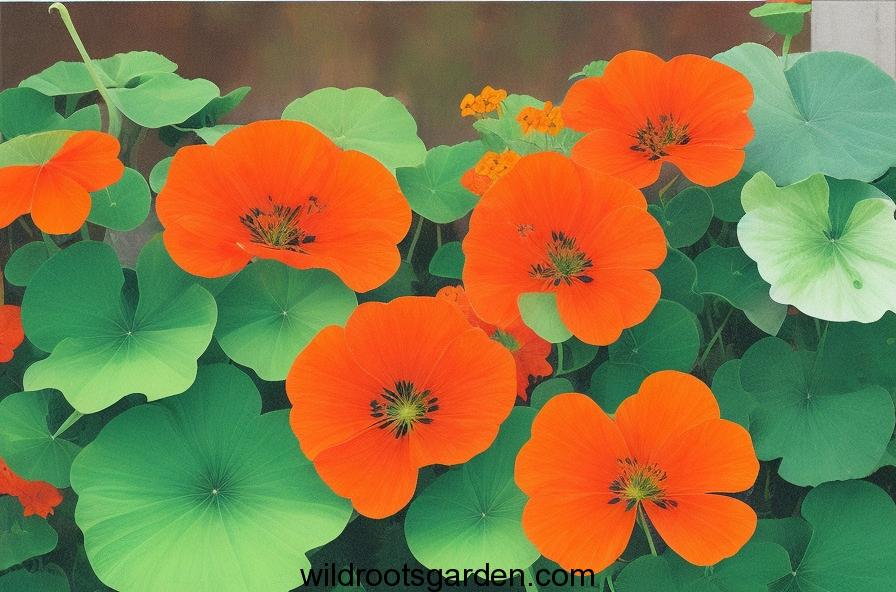
Another healthy plant that is risk-free to grow next to cantaloupes is nasturtium. It is an extremely potent and successful natural pest repellent.
Furthermore, nasturtium is used as a companion plant not only for cantaloupe but also for tomatoes, broccoli, etc.
Growing Nasturtium close to cantaloupes deters pests like aphids, squash bugs, and striped cucumber beetles while also attracting ants, leafhoppers, and whiteflies.
These vibrant, edible flowers are not only visually appealing but also work as a natural pest repellent, protecting your cantaloupe from destructive insects.
Also, it is asserted that Nasturtium tends to enhance the flavor profile of your cantaloupes and contribute to their generally healthy growth.
2. Marigolds
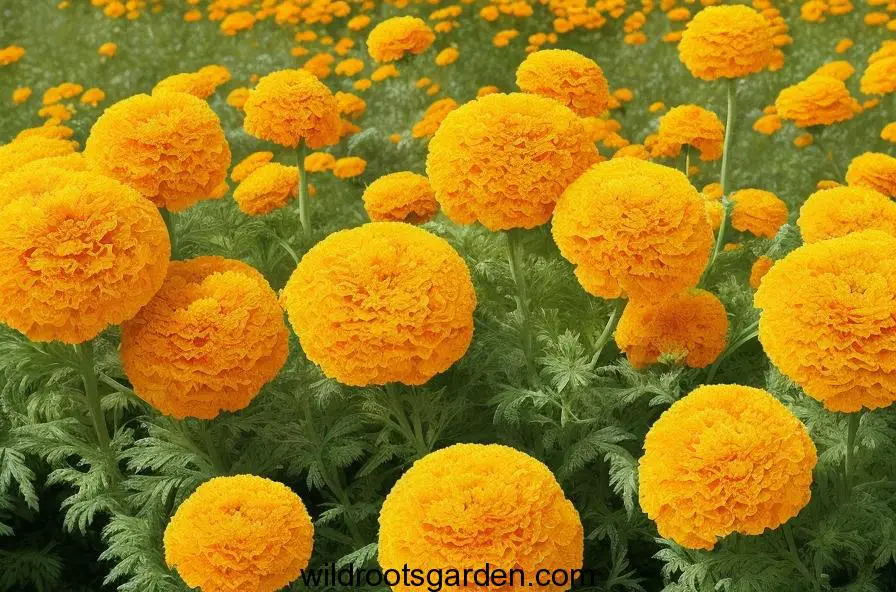
Undoubtedly, marigolds, especially French marigolds, make the ideal cantaloupe companion plant. The majority of insects and pests that could harm your cantaloupe are repelled by the powerful aroma of marigolds.
Known for their pest-deterring properties, marigolds emit a strong aroma that helps keep harmful insects at bay. They also enrich the soil by deterring nematodes.
Natural pests, including aphids, flies, squash bugs, nematodes, and beetles, are proven to be repelled by marigolds. Thus, it is a nice plant to cultivate close to cantaloupe.
3. Tansy
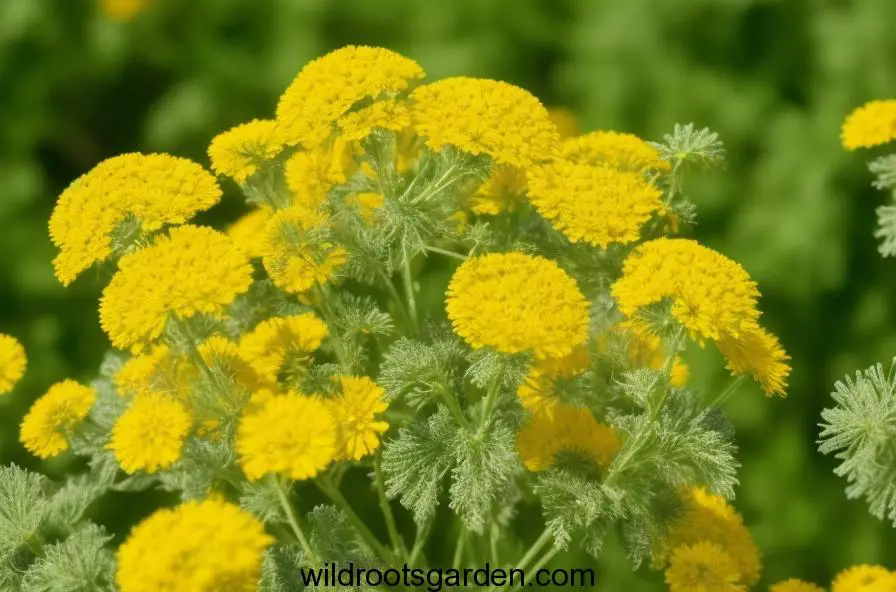
Do you have a good understanding of Tansy? For your cantaloupe, this plant makes a good partner. It has been shown to aid in defending cantaloupes from flying insects, ants, squash bugs, and striped cucumber beetles.
Another potent combination that shields your cantaloupes against striped cucumber beetles and squash bugs is parsley, oregano, mint, and tansy.
Simply plant tansy close to your melons to utilize it as a companion plant for watermelon and cantaloupe, and trim it back when it becomes too big. No fuss, only advantages!
4 Radishes
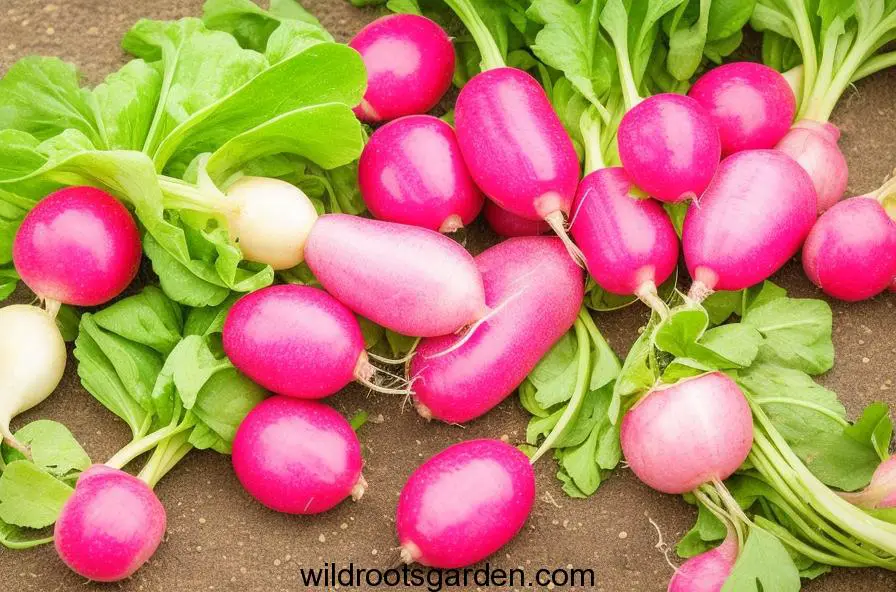
Surprise, surprise: In addition to being nutritious and tasty, your favorite radishes make excellent cantaloupe companion plants.
They are excellent soil aerators that help keep the soil around your plant loose and workable. As a result, cantaloupes get stronger and healthier.
5. Corn
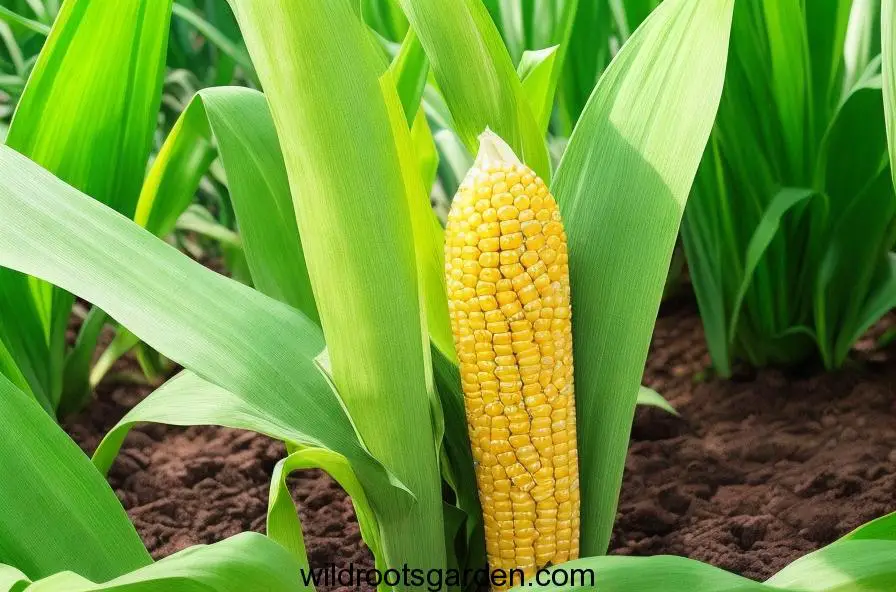
In the garden, corn and cantaloupes make another potent pairing. Corn receives shade from the cantaloupes, and the cantaloupe vines are naturally supported by corn.
Also, the plants benefit from symbiotic nitrogen fixation, in which the corn releases nitrogen into the soil for additional fertilization, promoting the growth and strength of both plants.
6. Beans
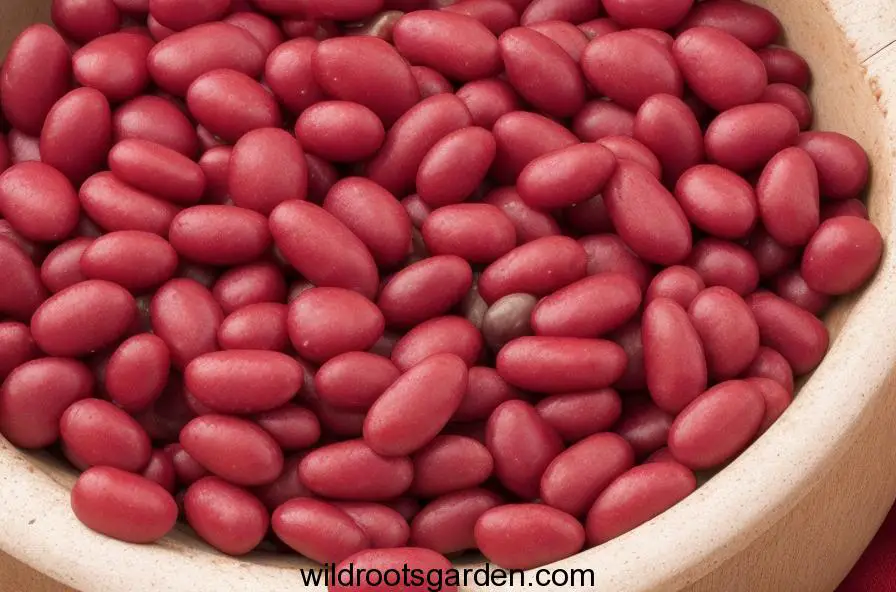
Beans serve as valuable nitrogen-fixing companions for cantaloupe plants, actively contributing to their robust growth by enriching the soil with essential nutrients. Moreover, their multifaceted benefits extend beyond mere nutrient enhancement.
In the realm of soil management, beans play a pivotal role in regulating moisture levels, fostering an environment conducive to cantaloupe cultivation. Through their expansive foliage, beans create a natural shading mechanism, preventing excessive soil heating and maintaining an optimal temperature for the cantaloupe plants to flourish.
However, beans’ influence transcends shade and moisture regulation. These remarkable legumes possess the innate ability to beckon and harbor beneficial insects that wage war against destructive pests. This biological pest control strategy not only safeguards the cantaloupe crops but also encapsulates an intricate web of ecological harmony.
7. Lettuce
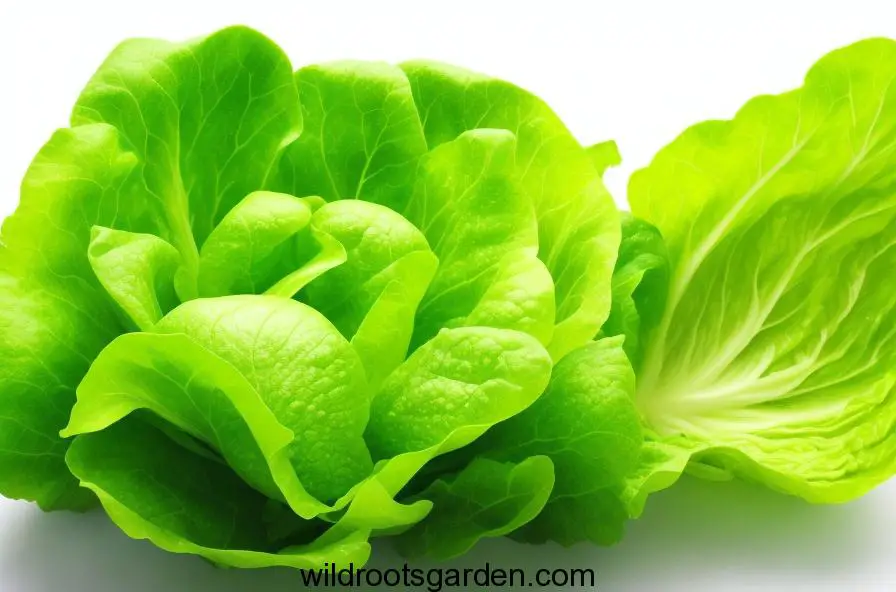
Sure, you should grow lettuce and other shade-tolerant plants as cantaloupe companion plants.
Although lettuce has shallow roots, its ability to tolerate shade can assist in shielding your cantaloupe from a few environmental factors that could harm its ability to produce.
In addition to offering a refreshing contrast to the sweet melon, lettuce also prevents the fruit from rolling around and becoming smashed.
Its quick growth and ease of maintenance make it a wonderful choice for beginners, which is a bonus.
Without taking up too much root area, other plants like lettuce that are similar to cantaloupes can assist in protecting your plant. won’t require much room. Your cantaloupe vines will therefore still have adequate room to grow.
8. Catnip
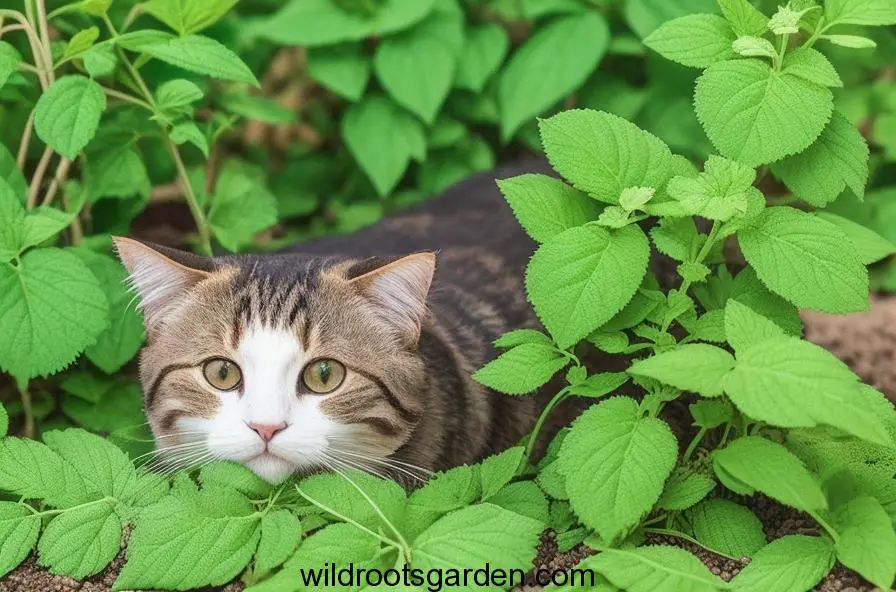
Cantaloupes are a fantastic companion plant for catnip since it has a strong scent and can deter pests including flies, aphids, squash beetles, and leafhoppers.
Additional Plant Companions for Cantaloupe
Other cantaloupe-friendly flora are listed below:
- Sunflowers
- Pumpkins
- Squash
- Oregano
- Basil
- Dill
- Chives
- Garlic
- Onions
- Tarragon
- Catnip
- Cilantro
- Rosemary
- Thyme
- Borage
- Yarrow
- Lemon Balm
- Lavender
- Alyssum
- Chamomile
- Chervil
- Parsley
- Zinnias
- Cucumber
What We Shouldn’t Plant With Cantaloupe
While we’ve been discussing plants that work well as companions for cantaloupe, there are several that you should avoid using for any purpose. This is so that they won’t prevent your cantaloupe from growing.
Likewise, plants do not necessarily choose to grow next to their cousins or relatives from the same plant family, just as humans do not typically choose their relatives as life partners.
For instance, planting cantaloupe and watermelon together is not advised because they are related and won’t grow effectively.
Furthermore, farming watermelon and cantaloupe exposes farmers to more pests because they both draw the same bugs. They might also go up against each other for resources like food, oxygen, and light.
You should not plant cantaloupes and potatoes together. This is due to the fact that potatoes’ strong roots are heavy feeders and may rob your cantaloupes of essential nutrients. Moreover, potatoes shouldn’t be grown in the same soil as cantaloupes since they can rot if kept in an overly damp environment.
There are a number of reasons why cucumbers and cantaloupes don’t go well together. They compete with one another for nutrients, light, and water because they are big, vining plants.
Second, they attract numerous insects that enjoy feeding on cantaloupe plants and need a lot of space to flourish. For optimal results, plant these two in different rows.
Final Thoughts on The Best Cantaloupe Companion Plan
It appears that the best and worst plants to grow with cantaloupe were addressed in this article. Now You can plant your favorite plant such that you will get a higher harvest without using chemicals to control natural pests.

